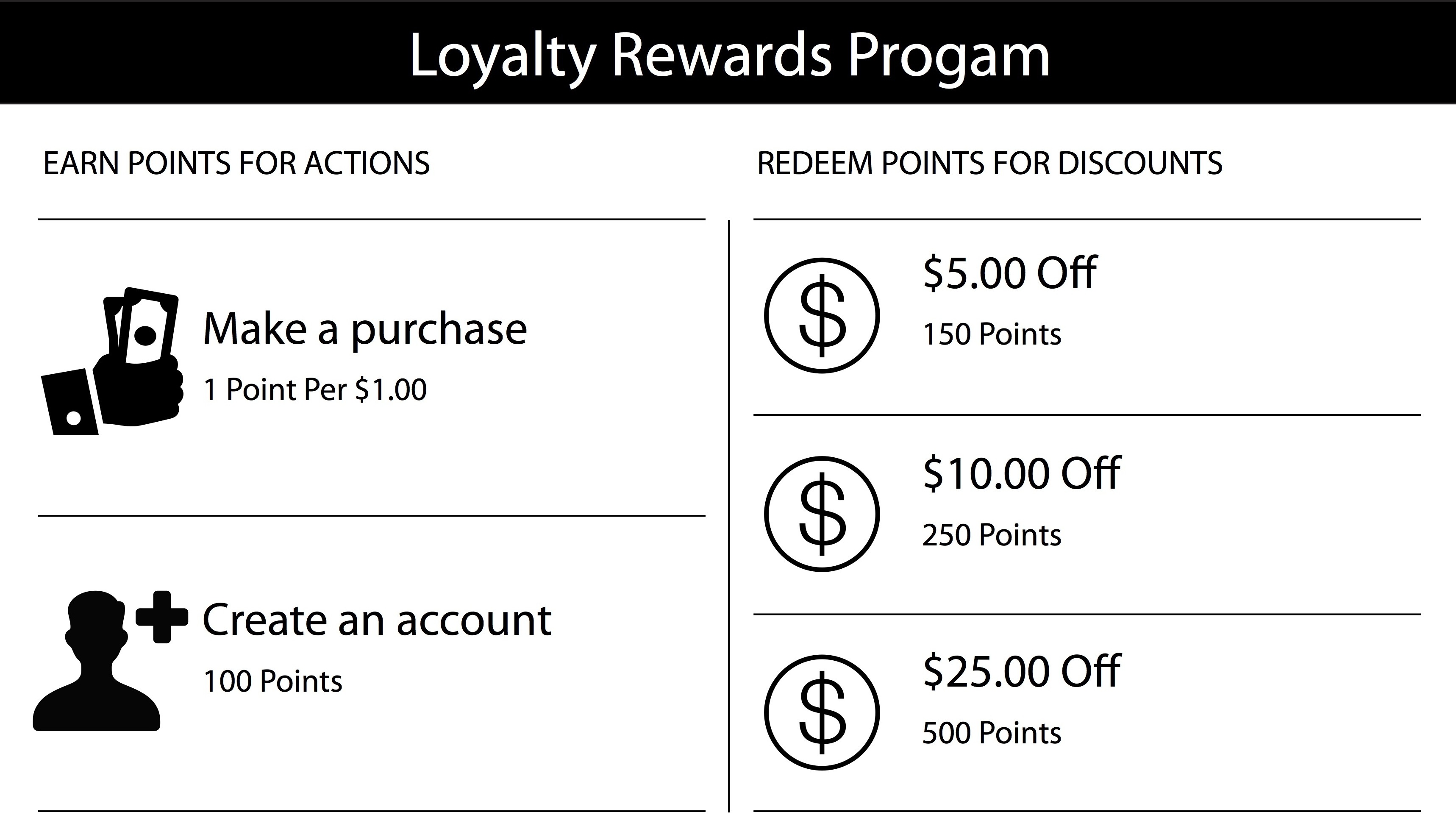Wellness Demystified: We Can Help You Discover Optimum Health
The Best Source of Vitamin B12: Methylcobalamin or Cyanocobalamin?

Vitamin B12 is essential to energy, mood, cognition, and health, and deficiency poses serious risks. The two major forms of vitamin B12 found in supplements, cyanocobalamin, and methylcobalamin, are both effective in helping to reverse and prevent deficiency. However, there are more health benefits to taking vitamin B12 in its most bioavailable form, which is methylcobalamin. Although cyanocobalamin is a less expensive option, methylcobalamin is easier on the body’s resources because it requires no conversion to assimilate. It also stores longer in the body, making it a more valuable source of vitamin B12.
Vitamin B12 is an essential nutrient the body can’t synthesize, which means it must be obtained through your diet. Many people are deficient in vitamin B12, and as a result suffer from chronic fatigue, anemia and other symptoms of deficiency. Vitamin B12 plays a role in the synthesis of DNA and formation of red blood cells. It also aids in brain and nervous system function and is required for metabolic function. Dietary sources of vitamin B12 include oily fish, shellfish, organ meats, beef, egg yolks, and dairy products [2]. In supplements, vitamin B12 exists in four different forms, the two most common being cyanocobalamin and methylcobalamin.
Benefits of Vitamin B12
If you’re deficient in vitamin B12, supplementing with it will raise your energy levels. It stimulates the production of red blood cells, which helps boost oxygen levels and protect you from anemia [2]. Vitamin B12 improves bone health, whereas low levels are linked to lower bone density and a higher risk of osteoporosis. Research shows that vitamin B12 helps preserve eye and brain health as you age, and that supplementation plays a role in the prevention of age-related macular degeneration and neurodegenerative diseases.
Vitamin B12 is involved in the synthesis of serotonin, a “feel-good” hormone responsible for mood regulation. Low levels of vitamin B12 are linked to increased rates of depression. In fact, one study even showed that vitamin B12 deficiency doubles your risk of severe depression. On the other hand, supplementation reduces symptoms of depression in people who are deficient. Even in young people, low levels of vitamin B12 causes poor memory recall. Getting enough vitamin B12 reduces the loss of neurons, which is linked to memory loss and dementia [5].
Vitamin B12 Requirements and Deficiency Risks
Adults are recommended to get 1.5 to 2.0 micrograms (mcg) of vitamin B12 per day. To shore up deficiency, you want to take as much as 300 mcg per day. Vegans and vegetarians are at a higher risk of deficiency since vitamin B12 is only found in animal products. Older adults and people with bowel disorders such as inflammatory bowel disease, Crohn’s disease, and ulcerative colitis are less able to absorb vitamin B12 from foods, which puts them at high risk of becoming deficient [2]. Symptoms and signs of deficiency can include lethargy, weakness, depression, confusion, reduced appetite, paleness, feeling faint, numbness and tingling in the hands and feet, and being prone to mouth ulcers [2, 6].
Differences in Absorption
The difference between methylcobalamin and cyanocobalamin is the molecular compound that binds them together. Cyanocobalamin has a cyanide compound, and methylcobalamin has a methyl compound, which is a grouping of hydrogen and carbon [4]. While normal cyanocobalamin supplement doses don’t contain enough cyanide to intoxicate you, cyanocobalamin isn’t as easily assimilated because the body needs to convert the foreign cyanide compound into a methyl compound to utilize it. Since methylcobalamin is already in the form the body uses, there’s no need for a conversion.
Although your body is capable of converting cyanocobalamin to methylcobalamin, it loses resources in the process. To assimilate cyanocobalamin, your body has to use a methyl group. Methyl groups are otherwise used by the body to neutralize free radicals, remove toxic cellular waste and protect the brain from damage, so it’s important to preserve them. The process of converting cyanocobalamin to methylcobalamin also requires metabolic energy, so by taking methylcobalamin, you’re sparing your cells energy that could be spent on other tasks [1].
Other Differences
Methylcobalamin stores longer in your body, which helps you get more out of it and minimize your risk of becoming deficient in vitamin B12 [4]. Creating cyanocobalamin is cheaper for manufacturers to produce than methylcobalamin, which also means it costs less for consumers [3]. If cost is an issue, you might consider taking cyanocobalamin because it still provides a source of vitamin B12 but for a more affordable price.
Ensuring Assimilation
Vitamin B12 deficiency often results from the inability to absorb it from food in the digestive tract. Sublingual methylcobalamin is a liquid supplement you take under your tongue and is considered the most effective way to absorb vitamin B12, besides getting an injection at a doctor’s office [3]. Both methylcobalamin and cyanocobalamin can be found in liquid form.
If you’re taking certain medications, including proton pump inhibitors (PPIs), Histamine H2 receptor antagonists, metformin or chloramphenicol, your capacity to absorb vitamin B12 from foods through the normal digestive process is significantly reduced. In this case, you should definitely obtain vitamin B12 sublingually or through injection. It’s also wise to take B12 in these forms if you have any sort of bowel disease.
You need adequate levels of stomach acid and digestive enzymes to assimilate vitamin B12 from food. Both stomach acid and enzyme production decrease with age, which means older adults have a lower absorption rate of B12 from food sources. It’s recommended that seniors supplement with vitamin B12 in its liquid form, either sublingually or through injection [6]. You can otherwise take vitamin B12 as methylcobalamin or cyanocobalamin in capsule or tablet form, but it won’t enter the bloodstream and absorb as readily as the liquid form.
Supports Bone Metabolism
Vitamin B12 deficiency has been linked to frailty in older women, osteoporosis and increased incidence of bone fracture. Osteoblasts, which are cells that work to build bone, require vitamin B12 to function and synthesize. In studies on adolescent mice, low vitamin B12 levels were found to cause a scarcity of osteoblasts and result in growth retardation. Researchers discovered that vitamin B12’s role in synthesizing the amino acid taurine is what makes it imperative for bone metabolism. Higher taurine levels are linked to improved bone mineral content and bone mineral density. Vitamin B12 deficiency lowers taurine levels, making it an important vitamin for bone health.
In a study on older men and women, individuals with vitamin B12 deficiency had low levels of osteocalcin, which is the protein found in osteoblasts that binds calcium to bone. This suggested that osteoblasts depend on vitamin B12 to function and metabolize bone [7].
Protects Bones by Lowering Homocysteine Levels
Homocysteine is an amino acid that derives from the breakdown of methionine, which is another amino acid. Vitamin B12 deficiency has been linked to raised homocysteine levels, as vitamin B12 is responsible for converting homocysteine back into methionine for its use in protein synthesis [8]. Studies show that high levels of homocysteine, and even moderately elevated levels, are associated with low bone mineral density and an increased risk of bone fracture in elderly persons. A study that analyzed several clinical trials determined that vitamin B12 supplementation at 500 mcg per day reduced homocysteine levels by 32 percent. Thus, vitamin B12 supplementation protects against bone loss caused by high homocysteine [7].
Prevents and Reduces Joint Pain
Vitamin B12 levels tend to decrease with age. This is typically attributed to a decline in the production of stomach acid, which is required to extract the vitamin from meat and other food sources of vitamin B12. Many drugs taken by elderly persons inhibit the absorption of vitamin B12, including antacids, proton-pump inhibitors, cholesterol-lowering drugs, and the diabetes medication metformin. All these factors preventing the absorption of vitamin B12 may be connected to the occurrence of not only osteoporosis but also arthritis, in older individuals.
People with rheumatoid arthritis are shown to have elevated levels of homocysteine. By reducing homocysteine levels, vitamin B12 supplementation could help manage arthritis [8]. Folate is another B vitamin that has been found to lower homocysteine levels. One study showed that acetaminophen (Tylenol) along with folate and vitamin B12 supplementation effectively reduced pain in osteoarthritis patients within ten days. Better yet, there were no side effects, and this regimen reduced joint tenderness and pain better than non-steroidal anti-inflammatory drugs (NSAIDs), which are known to have damaging side effects with long-term use [9].
Final Thoughts
Although cyanocobalamin is an effective source of vitamin B12, there are more health benefits to taking vitamin B12 in its most bioavailable form, which is methylcobalamin. Vitamin B12 is often included in B-complex supplements and in full-spectrum multivitamin blends. Higher doses of vitamin B12 supplementation do not cause toxicity, which is why upper limits haven’t been established. You can have your vitamin B12 status tested at a doctor’s office. Whether you’re deficient or not, supplementation is recommended to prevent deficiency [6].


© 2019 Nutrients Solutions, LLC. All rights reserved. Disclaimer: The information provided is for educational purposes only and does not constitute medical advice. Always seek the advice of your physician or qualified healthcare provider with any questions or concerns about your health. Check with your doctor before beginning any exercise program. Never disregard or delay seeking medical advice because of something you have heard or read in this article or the internet.












